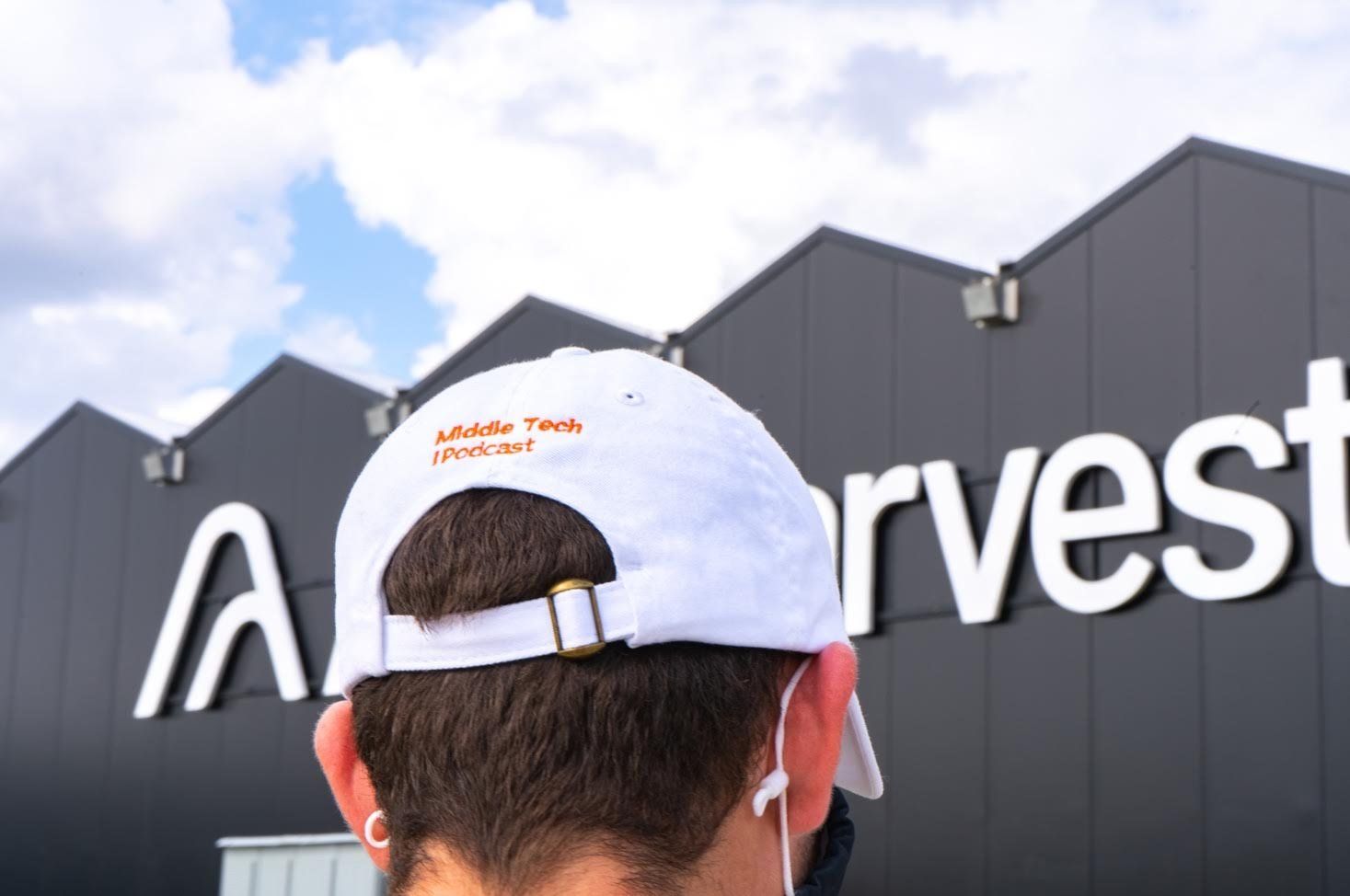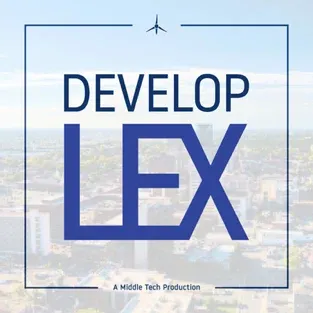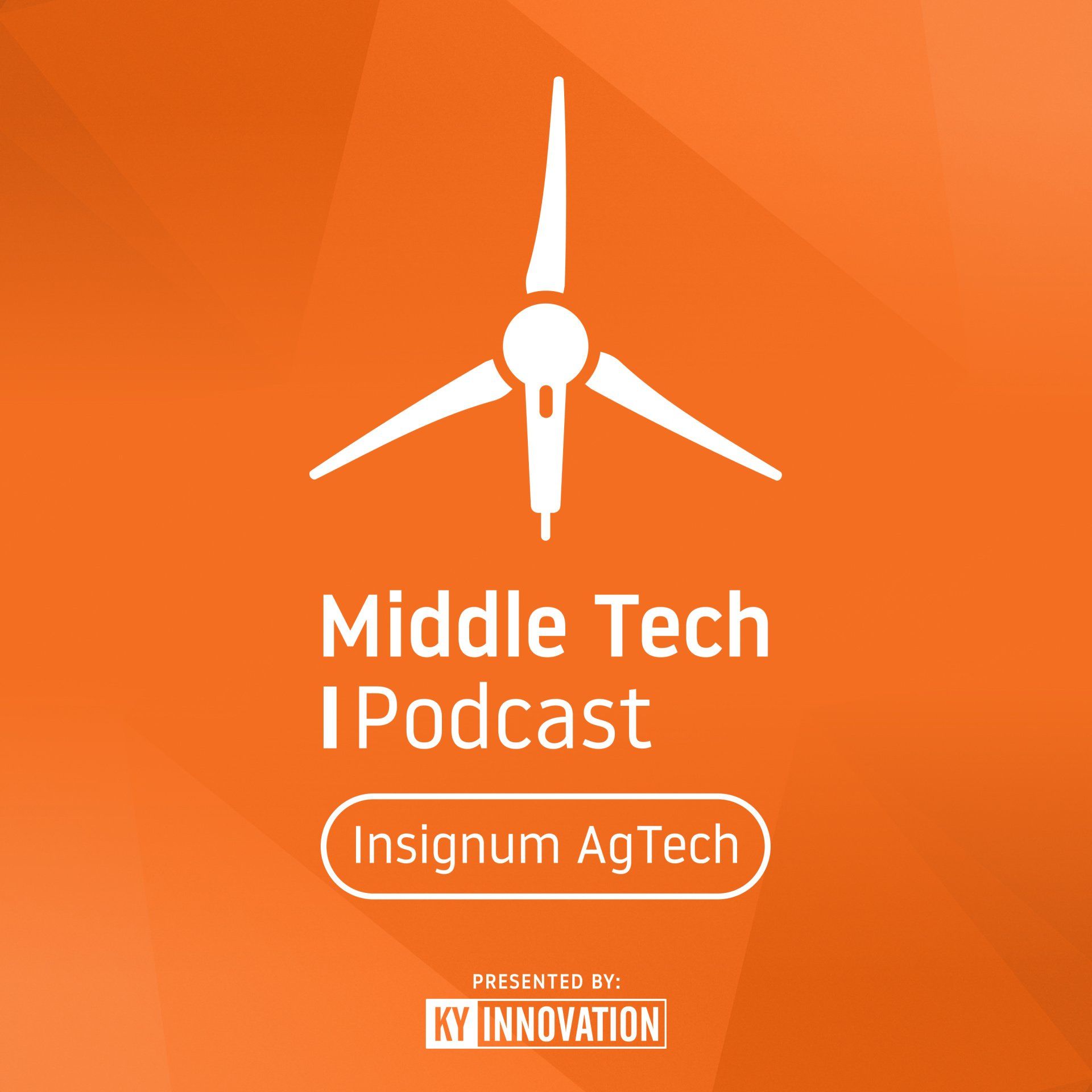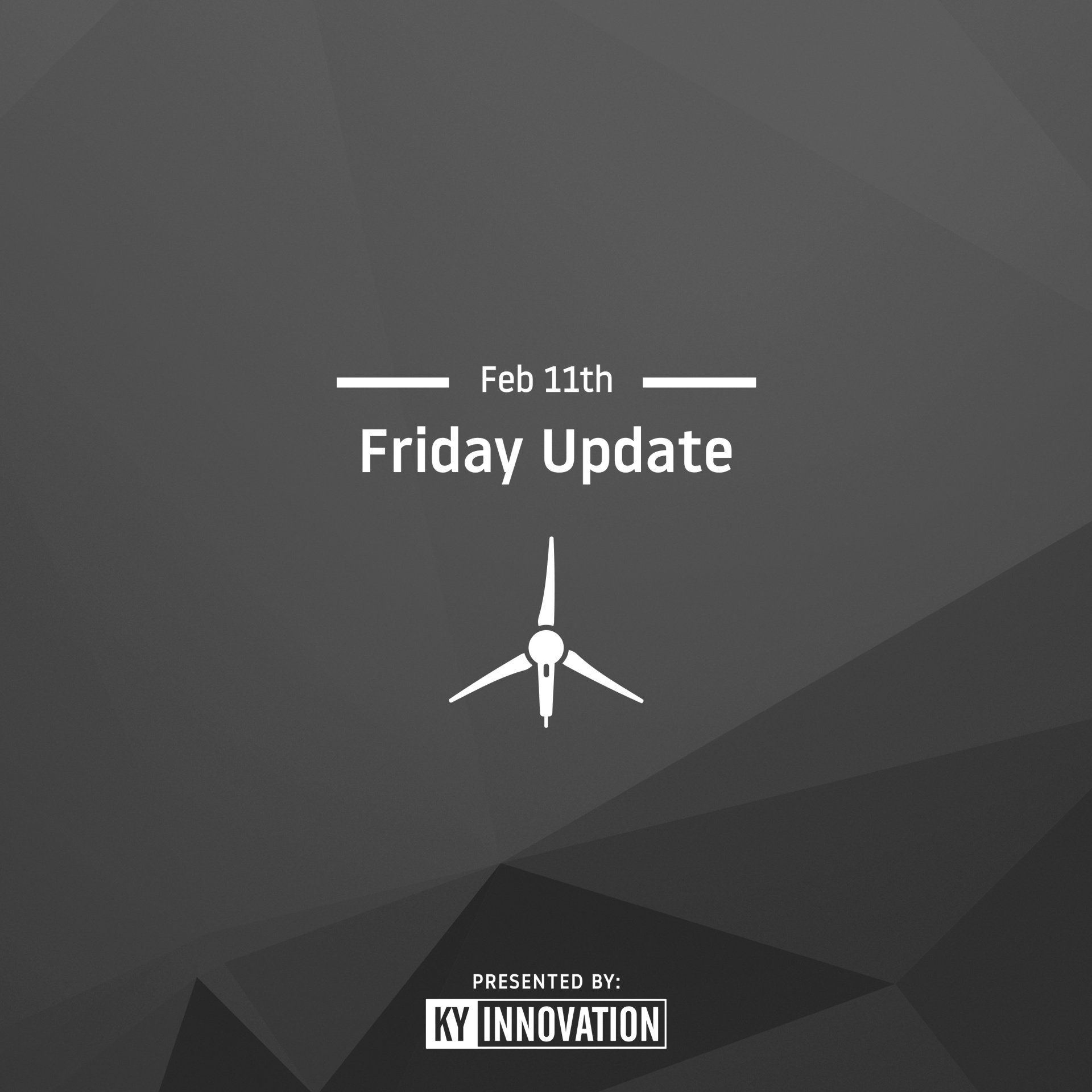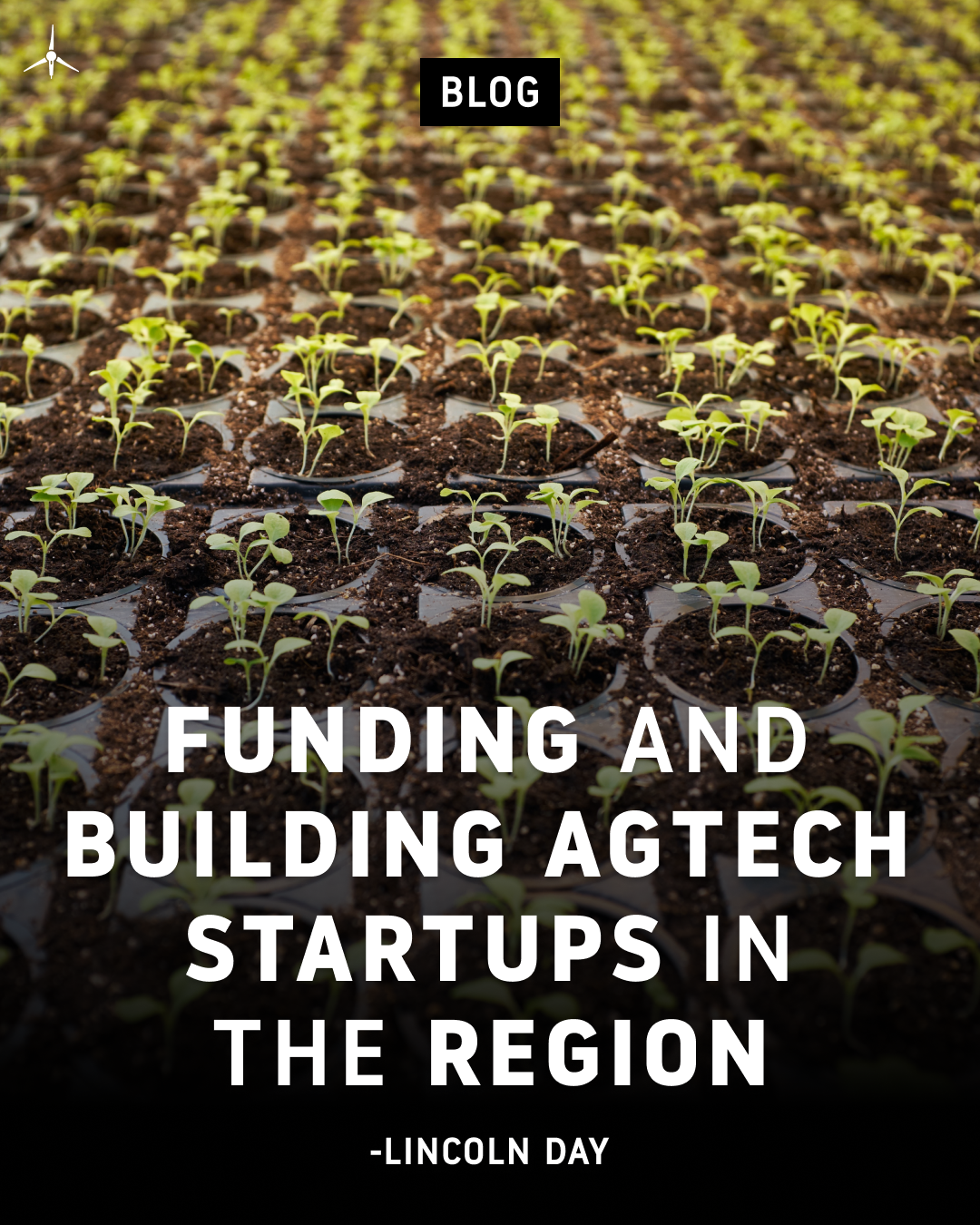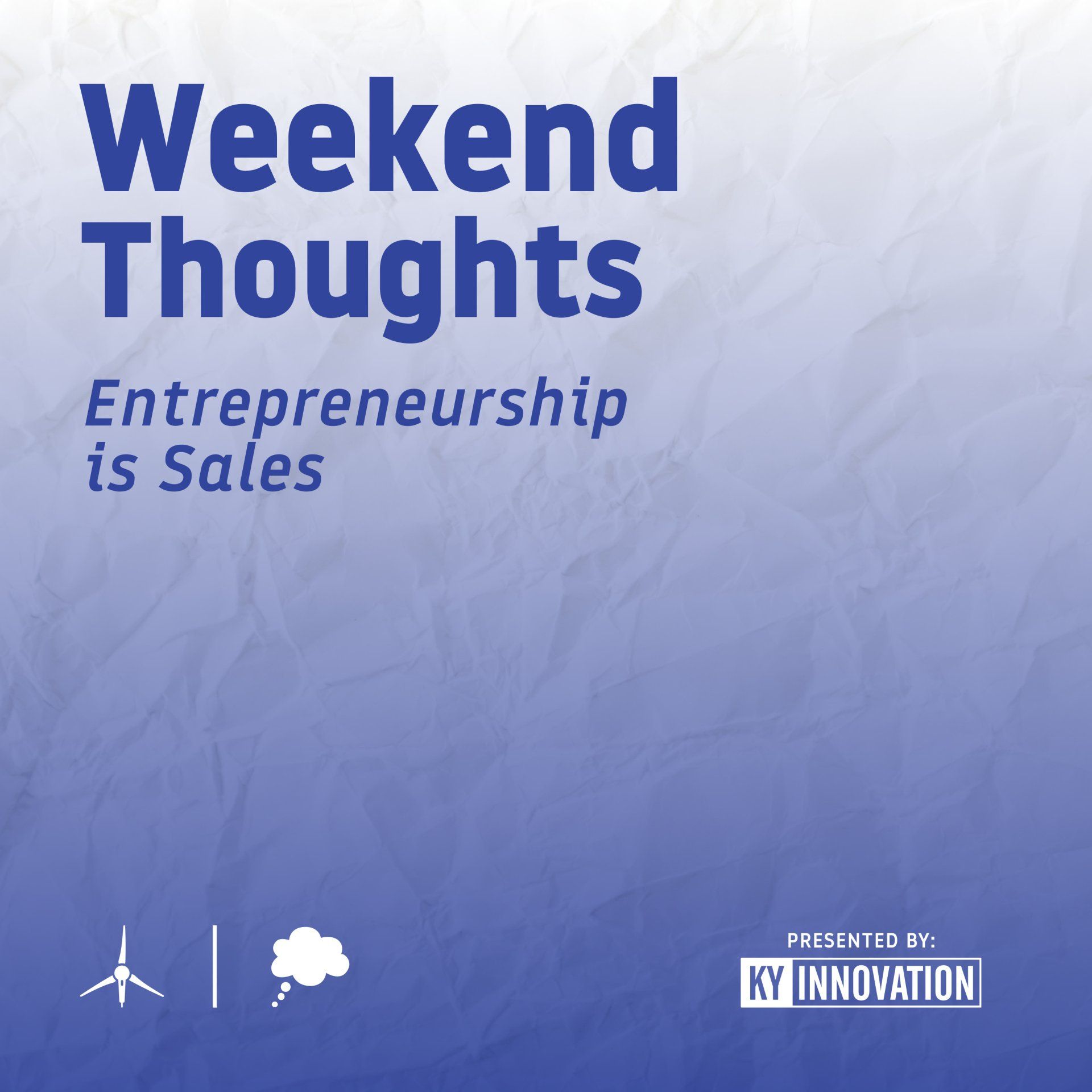Why Appalachia Should Pay Attention to SpaceX
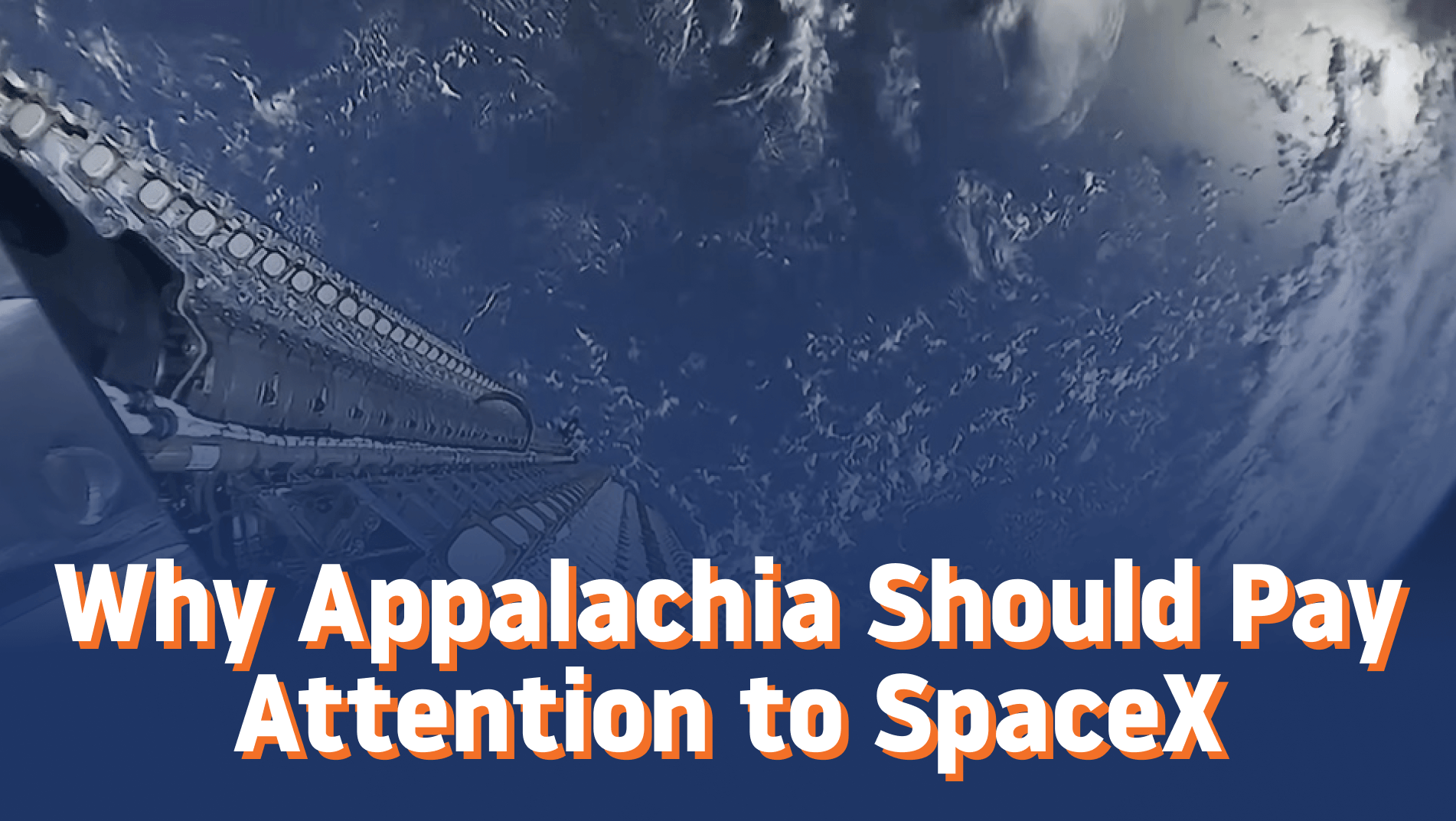
As the internet becomes more ingrained in everything we do as humans, not being connected is simply not an option. For an area that many consider “left behind” or “forgotten”, Appalachia needs to understand the significance of Starlink’s world-wide internet so that we can take full advantage of this incredible advancement in technology.
This article explains the inequity of the poor internet services provided in Appalachia (and most rural areas), why this inequity exists, and how Starlink will help even the playing field.
The Costs of Not Having Access
I heard a story recently about a school that had to go completely online because of coronavirus. Of course, this was most schools when the virus first hit, but this story resonated with me because of how the students and faculty were forced to adapt just to continue their education. There were so many students with inadequate or no internet access that the school had to move all of their wi-fi routers to the front of the building, so that those students could connect to the school’s internet to participate in a sort of quasi-remote learning from the school parking lot. This school just happened to be in my backyard — Bourbon County, Kentucky — and it really got me thinking… How many people in my home state are unable to get online education or are otherwise struggling because of these “connectivity issues”? And furthermore, how could we possibly expect the people & places lacking sufficient internet to keep pace with the rapid rate of innovation happening in the more populated parts of our country?
Education is not the only crucial human resource being denied to these people because of poor internet connection. Healthcare accessibility also suffers tremendously in these regions, especially now that COVID has made it unsafe for people to seek healthcare in person.
Further, as the technology and economic opportunity gap between the coasts and rural America widens, the more talent is drained from those rural areas, further widening the gap. If an area is unable to offer high-speed internet, the vast majority of businesses simply are not able to survive; therefore, those in rural areas have to leave in order to get the same opportunities. While a strong internet is not the sole solution to the talent drain issue, it is a strong step in at least giving that talent the opportunity to stay.
As Kentuckians, we have endured watching our “Land of Opportunity” fade, and regardless of whether you feel that the end of coal is a good or bad thing, there’s no ignoring the economic hole that its absence leaves. It is crucial that rural Kentuckians are able to connect to the internet with the same efficiency as those on the coast if we want any chance of filling this economic gap.
The Virtual Barriers of Entry
The year is 2020. Everything is happening online. You can obtain an entire education online, you can invest online, and for some jobs, you can work completely online. The land of opportunity has now shifted from the physical world… to online.
But this shift has not brought everyone along with it. While you can call the internet a “place”, it’s a place that has very real barriers of entry. Take account of the tools and resources that it’s taking you to read this article. You’re likely reading it on a screen that cost you a couple hundred dollars, that’s running on electricity you pay a monthly fee for, with an internet connection that also demands a monthly fee of its own. We are all paying to access this internet and, in most cases, the benefits are well worth the cost.
It’s safe to say that internet providers provide most of us a great and necessary service worth the cost. But like any business, internet providers invest capital in places where they can see a return. Where would that be for internet companies? Populated areas. This means that there are both financial and locational barriers to entry, and even if you’re able to overcome the financial barrier, you must still overcome the locational barrier. Relocating for capable internet connection is simply not an option for many people, especially those with deep roots in their hometowns, as many Kentuckians do.
What is Starlink?
With the way the internet is provided now, through cable, it creates a web of internet access across the nation. Internet companies invest in expanding that web to areas that have the most population, but, like a spider-web, there are holes in it. Starlink, a SpaceX subsidiary, is constructing a constellation of low orbit satellites that will provide low latency, high-speed satellite internet to the entire globe. By launching over 12,000 satellites into orbit using SpaceX rockets, Starlink will be able to take advantage of some pretty insane technology in order to provide internet all across the world. I’ll let the video below explain how this technology works, but I’ll do my best to summarize what they’re saying below.
A Quick Summary of the Video
- Satellites will communicate via 5 lasers that will beam light pulses to other satellites to transfer information. Because light can travel faster in the vacuum of space than it can in fiber optic cable, this creates lower latency.
- Starlink needs a large number of satellites in their constellation because they are planning on operating them at a much lower altitude than traditional satellite internet satellites. The lower altitude means their radius of coverage is much lower, however, the latency is also greatly reduced, increasing the quality of connection.
- At the end of 2019, 50% of the world’s population was still offline.
- Starlink satellites cost roughly $300,000 a piece, which is remarkably cheap when talking about space.
- Starlink could rake in ~$30b to $50b a year in revenue. That gives SpaceX a crazy amount of funding to do whatever they want since they're currently a private company (like colonizing Mars 🚀).
Starlink could be a catalyst for many opportunities in the Appalachian region, but at the very least it will provide equal opportunities for healthcare, education, and employment to rural areas that desperately need the upgrade. Appalachia needs to understand these major opportunities that are approaching in the not-so-distant future and ensure that they are prepared when they finally arrive.
